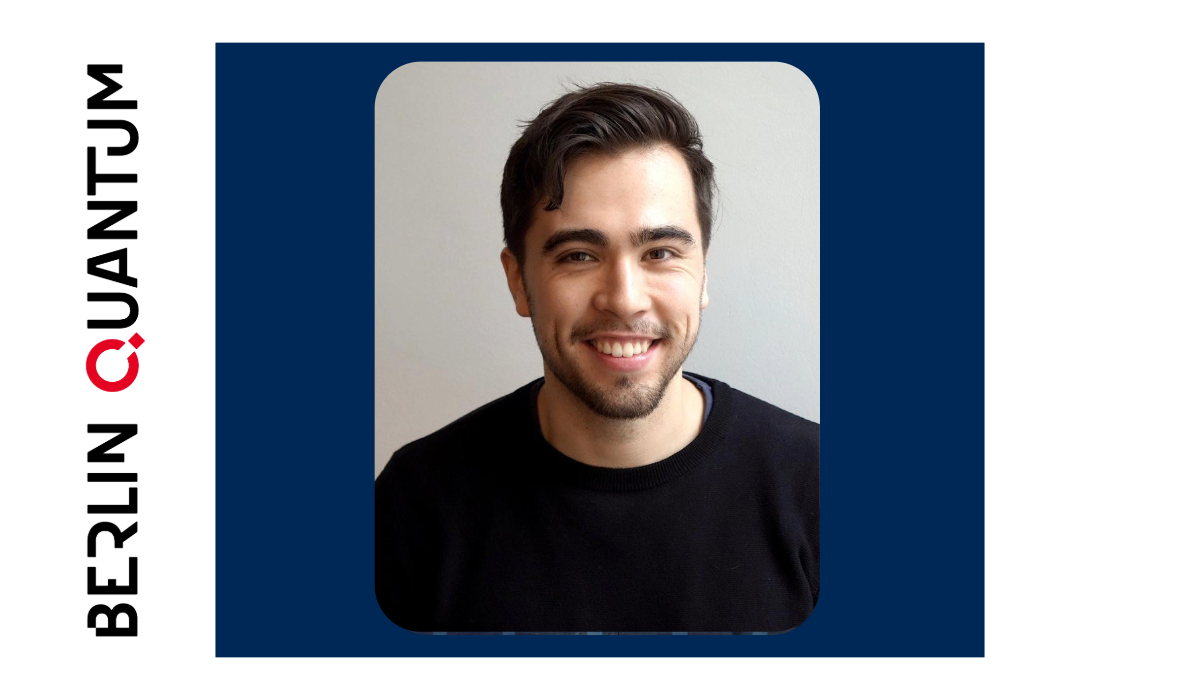In this interview, we speak with a young researcher whose journey into quantum physics began with a master’s thesis and evolved into a passion for ultrafast spin dynamics and terahertz-driven phenomena. From the collaborative spirit of Berlin’s research institutions to the vibrant international community that fuels innovation, discover how the city shapes both the personal and professional life of a rising scientist in the field of quantum materials.
How did you become interested in quantum physics?
My interest was largely shaped by the experience I gained during my master’s thesis. I joined a research group where I had the opportunity to develop a new methodology for THz detection. This work sparked a deep curiosity and ultimately led me to pursue a PhD within the same group.
Why did you choose to conduct your research in Berlin?
I was very happy with the research group I worked with during my master’s, and I found the PhD project my professor proposed both exciting and well-suited to my interests.
What advantages does Berlin offer for quantum physics research compared to other cities or countries?
One of the key advantages of Berlin for quantum physics research is its international and collaborative culture. The city attracts top talent from around the world, creating a dynamic and diverse research environment. This diversity fosters the exchange of ideas across different fields, enabling innovative approaches to complex scientific problems.
Can you tell us about a current project or experiment you are working on?
The idea is the usage of strong Terahertz pulses to drive ultrafast dynamics of electronic spin and orbital angular momentum in spin-orbitronic materials and nanostructure.
How does BERLIN QUANTUM and the Berlin research landscape support your work?
BERLIN QUANTUM brings together leading institutions which are highly active in ultrafast optics, spintronics, and quantum materials. This creates a dense network of expertise that's directly relevant to my work.
What role does collaboration play in your research?
Collaboration is fundamental to research, and I could never initiate a project without the invaluable support of others, particularly in areas such as sample fabrication. In Berlin, alongside the city's renowned three major universities, there are exceptional institutions like the Max Born Institute and the Fritz Haber Institute, which offer tremendous opportunities for collaboration.
How does living in Berlin influence your personal and professional development?
On a personal level, I draw a great deal of strength from the people in my life and almost all of them live in Berlin. Professionally, I’ve had the privilege of working with many highly competent individuals, particularly thanks to the international community within the research environment.
What are the most exciting developments in quantum physics in the coming years?
The rapid advancement of quantum computing is bringing us closer to the point where it can solve problems that are practically impossible for classical computers, unlocking entirely new possibilities across science and technology.
Do you have a special experience or anecdote from your time in Berlin?
Berlin is a large and vibrant city, at times chaotic, but full of opportunities. And while it may take time, when you find the right people, you can share truly special and meaningful experiences with them.
What advice would you give to young scientists considering a career in quantum physics in Berlin?
Join a group working on a project that genuinely interests you, and surround yourself with people you enjoy spending time with.
More information.

